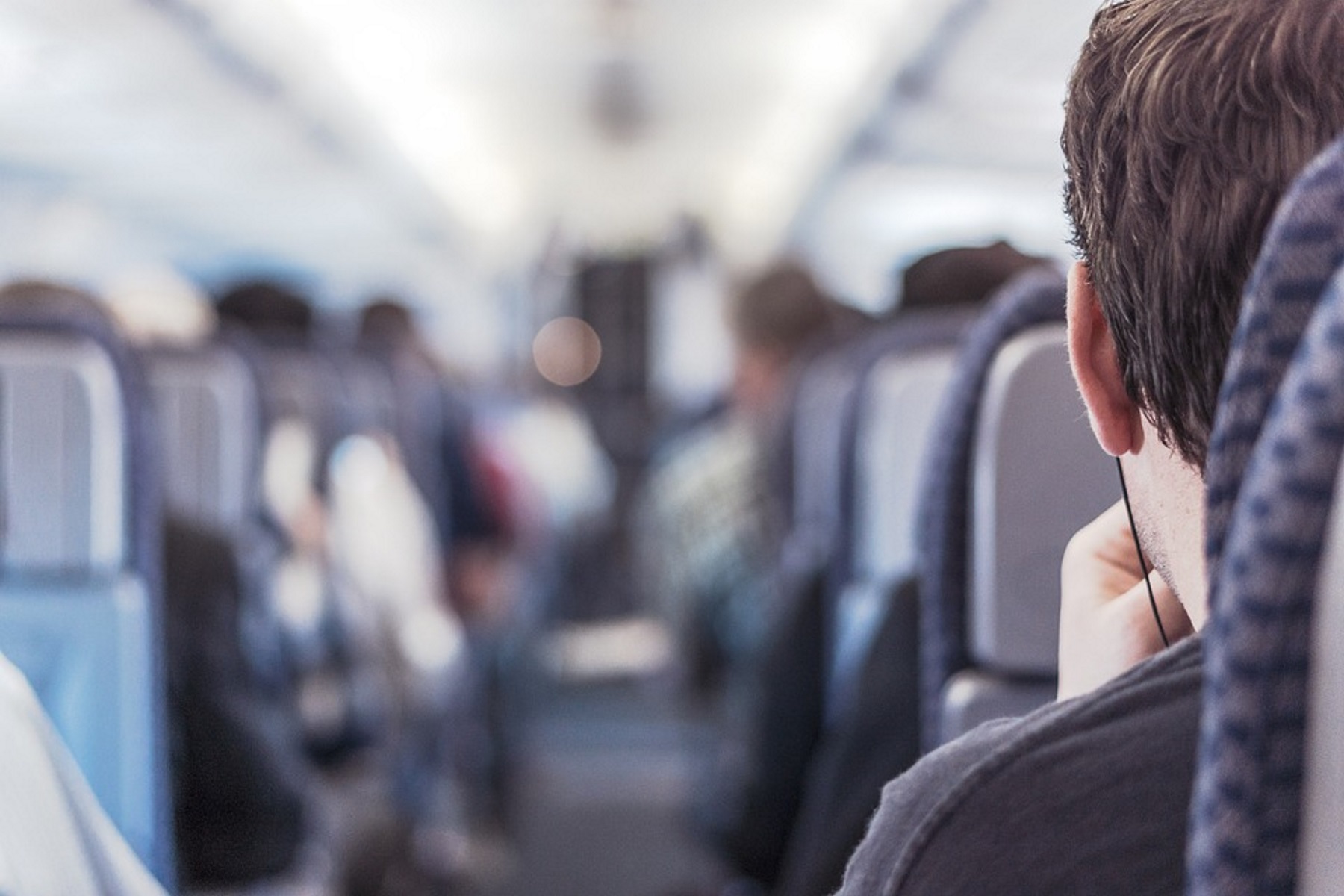They’re called circadian rhythms. And this internal body clock of mine is about to call time out.
When you’re taking a seven-hour trip eastward, leaving at 10:30 at night, and without a first-class seat, you’re looking at a circadian circus of jet lag.
I can’t complain about the destination: Along with my wife, a French teacher, I’ll be hurtling across the Atlantic to spend a week in France. I’m just wondering how I can arrive with a semblance of mental alertness to get off to a good touristy start.
Jet lag can occur when traveling across multiple time zones. The body has its own internal clock, or circadian rhythms, telling your body when to stay awake and when to sleep. Jet lag occurs because your body’s clock is still in sync with your original time zone, instead of the zone where you’ve recently arrived. The more time zones crossed, the more likely you are to get lagged.
Traveling east is more difficult than going west, says Dr. Vaughn McCall of the Medical College of Georgia’s Department of Psychiatry and Health Behavior in Augusta.
“Your internal clock is not prepared to take a five-hour jump all in one swoop,’’ adds McCall, who has done extensive research on sleep.
Jet lag can cause daytime fatigue, an unwell feeling, difficulty staying alert and gastrointestinal problems, Mayoclinic.org says. It adds that jet lag is temporary, “but it can significantly reduce your vacation or business travel comfort.”
Tell me about it. The last time I did a European trip, it took about three days for me to feel the fog lift from my brain. And people on the far side of 50, like myself, may need more time to recover, experts say.
I asked a couple of friends the other day what to do about jet lag. Both said they’d had no problem with it. Tough guys.
But for many people, even experienced air travelers, jet lag can be a big concern.
Various sources of advice on beating jet lag differ in a couple of respects, notably on whether to sleep or stay awake.
Those who argue for wakefulness say if it’s daytime where you’ll be arriving, you may want to skip sleep and just relax. In other words, pull an “all-nighter.’’
I did a few of those in my college days, sometimes writing an undergraduate term paper the night before it was due, gulping NoDoz and banging out the words on an electric typewriter, if I was lucky enough to borrow one. (Back then, a computer wasn’t available in anything other than room-sized models.)
For those of us who want to sleep on these marathon flights, experts recommend having a first-class or special comfort seat. But our frequent-flier miles came up short for these perks. We do have exit-row seats, better for my 6’4’’ frame but still no bargain for restful slumber.
“Sleeping in the cheap seats is not so easy,’’ says McCall
Other advice to beat jet lag generally goes like this:
- Start preparing by moving your bedtime earlier, if you’re heading eastward. Move it a half-hour earlier each night for several nights before departure. (It’s too late for me to pursue this idea.)
- Avoid alcohol and caffeine. Drink water before, during and after your flight to counteract dehydration. Alcohol and caffeine can disrupt sleep and may cause dehydration, experts say.
- Move around. A USA Today article recommends getting flexible during the flight. Try and move the body as much as possible in the seat. Flex the ankles and knees. Gently roll the head and stretch the neck. Stretch the arms forward and roll the wrists around. If possible to get up and walk the aisle a little.
- Consider wearing an eye mask, earplugs and neck pillow.
- Wear pajama-like comfortable clothing. (This I can do, but my typical sleep gear is T-shirt and gym shorts, not exactly the proper airline attire.)
- Consider medication — melatonin, maybe sleeping pills. The health websites differ on whether to use these sleep aids. McCall notes that melatonin is nonaddictive, but that the dosage and purity can vary.
Then there’s the challenge of what to do if you arrive at your destination feeling weary and out of sorts.
McCall recommends getting out in the bright sunlight when you get there.
A recent Forbes article said sleep might be the first desire on your mind after you leave the airport. (No kidding.) Unless you land in the evening and can go directly to the hotel and retire to bed at the regular local bedtime, the article said, you need to at least push through and do some of these activities:
- See sights around town
- Take a shower to refresh yourself
- Be outside with the fresh air and sunlight by taking a walk
- Drink water and eat a healthy meal — avoid fast food.
The Forbes article said it’s OK if you go to bed an hour or two earlier than your normal bedtime because your body needs sufficient rest to adjust and recover from the trip.
“In three days, people are pretty much in tune’’ with the new time zone, McCall says.
Here’s hoping my clock gets reset quickly.
Andy Miller is editor and CEO of Georgia Health News







